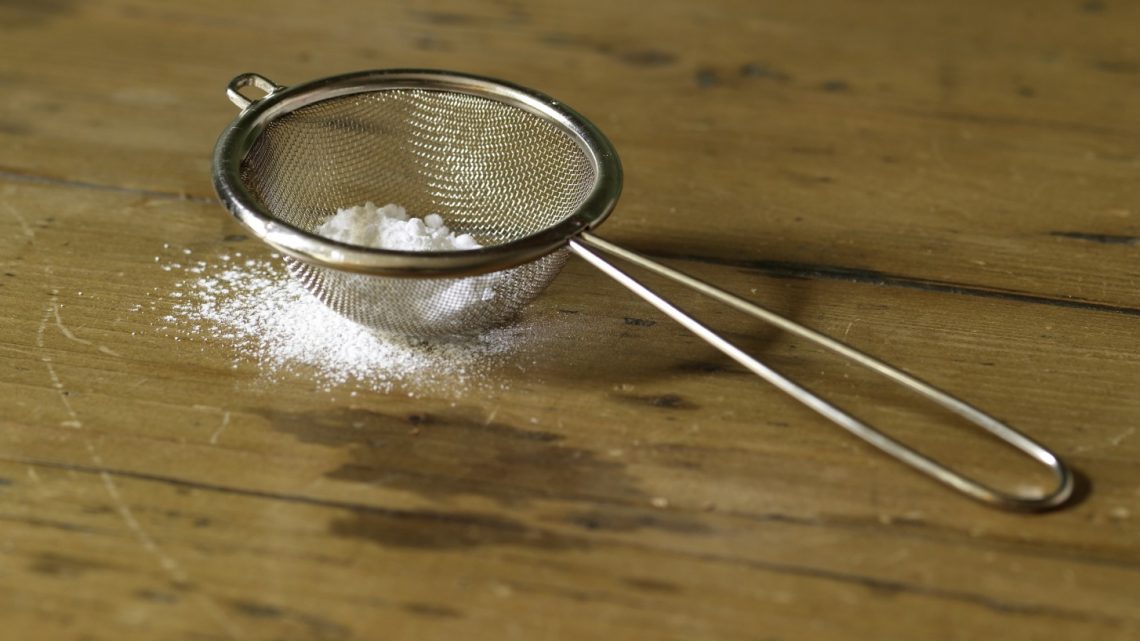America has become a nation of sugar addicts. The typical person now consumes over 200 pounds of sugar annually. And we are paying the price. Since 1990 the occurrence of diabetes in individuals under age 30 has increased by nearly 90 percent. And thousands of people who have not yet been diagnosed are desperately trying to figure out why they feel so terrible. (Visit www.sweetfirevideo.com to learn about the best explanation of carbohydrates/blood sugars I have ever heard.)
My story
Ten years ago I was one of those people trapped in an insulin/adrenalin see-saw. My doctor assured me that my blood sugar levels were “fine” but I definitely did not feel fine. I was chronically exhausted, my body ached, my throat was sore, I was severely congested and I had frequent spells of dizziness and confusion. Some days I could not even drag myself out of bed.
Finally I decided that I was going to do whatever it took to regain my health. I suspected that my diet was the main cause of my symptoms. But without the benefit of information like Mary Tocsano’s video mentioned earlier, I set out on my own to learn about sugars.
Not all carbs are created equal
I discovered that there are two basic kinds of carbohydrates – simple and complex. The simple carbs are basically sugars and the complex carbs are starches. All carbs breaks down into glucose; that is something we need to survive. But we need it at a steady pace – too little and we feel sick and may faint; too much and we go into a coma and die.
The important difference between carbs is how they are processed. Whole foods (fresh fruits, vegetables, seeds, legumes, etc.) are presented to us by Mother Nature pre-packaged with all the enzymes necessary for optimal digestion and absorption. They also contain the necessary fiber and/or healthy fats to slow down the rate of the process. Plus they are packed with important vitamins and minerals.
On the other hand, eating refined products (table sugar, corn syrup, white flour, etc.) results in “sugar shock” because the blood stream is flooded with glucose and the pancreas cannot produce enough insulin to regulate it.
Going off refined flours and sugars “cold turkey” was very hard because I had been addicted for years ( and because they’re everywhere in our society). But I was totally determined not to become a diabetes statistic. And I truly believed that if I started treating my body right I would recover.
I did. Only three months after I changed my lifestyle I was symptom free.
Here are the five main things that helped me turn my life around and be healthy and active again. I hope they will help you too!
1. Learn to understand the labels. Add the grams of sugar and the grams of fiber, then subtract that number from the total carbs to find out how many grams of complex carbs an item has. Find out all you can about different types of sweeteners. There are lots of them (agave nectar, molasses, date sugar, honey, maple syrup, rapadura, stevia, sucanut, turbinado, etc.) plus almost everything that ends with “ose”.
2. Focus on eating low glycemic whole (and high fiber) foods. Think “add” instead of “can’t have” for making adjustments in your diet. If you focus on eating the good (natural state) foods first you will likely be too full for the junk food. Anything under 55 is generally considered a low glycemic food (www.glycemicindex.com).
3. Add good fats to your diet. Cold expellor pressed olive oil, raw unsalted nuts, olives, avacados, and seeds (flax, sesame, chia, sunflower, pumpkin) are all good fats. Avoid damaged fats as if they were poison: anything that says “hydrogenated” or “partially hydrogenated” is death to your body.
4. Exercise regularly, especially with weight training. If you need help with this, find a good personal trainer. (It’s always wise to consult with your doctor before making radical lifestyle changes.) And remember to drink plenty of water, not only when exercising but also because you’re eating more fiber. As a bonus, drinking water can help curb cravings.
5. Get enough sleep. This was really big for me because I found if I got too tired I lost motivation, didn’t plan ahead, and I couldn’t stick with my program. Current research is showing other reasons why getting adequate sleep matters (www.better-sleep-better-life.com).
The bottom line of good health is that it’s all about balance. Our bodies are amazingly intricate. All the systems engage in a complicated yet fascinating dance that can ultimately become either deadly or beautiful — depending on our daily choices.










